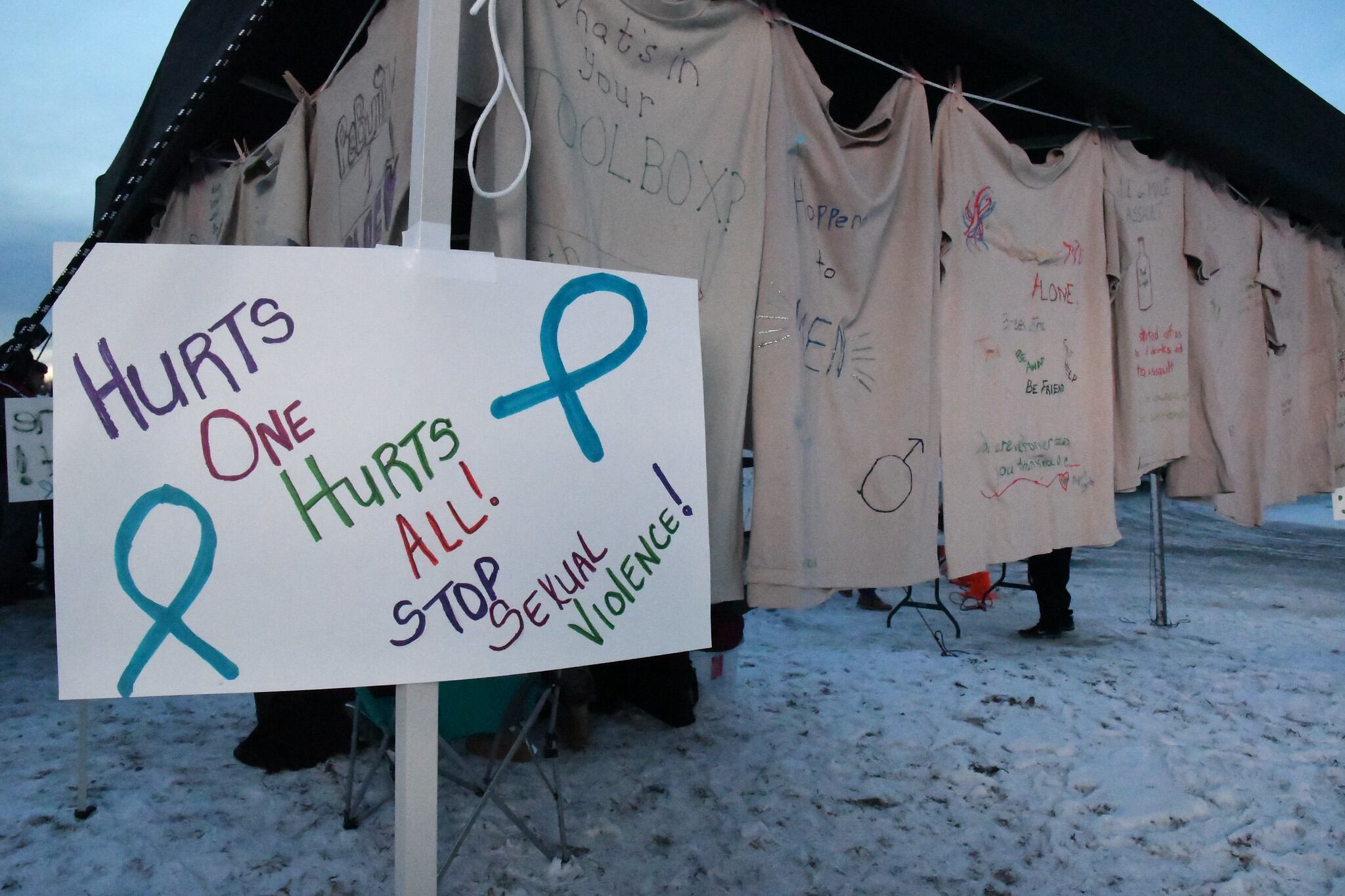Congress is on the cusp of enacting the most transformative changes to the prosecution of sexual assault by servicemembers since the creation of the Uniform Code of Military Justice in 1950. Moving the decision to try a service member for sexual assault from the commander — who is not a legal expert and has a glaring conflict of interest due to a supervisory relationship to the accused — to an independent military prosecutor has been an issue of concern for survivors, advocates, and one of the authors of this piece throughout her time in Congress. Both the House and Senate versions of the annual defense policy bill include this critical reform to the chain of command. However, the way in which this reform is achieved could make or break its success and those who currently oversee these cases are trying once again to derail progress.
The Defense Department, in response to recommendations by the Independent Review Commission on Sexual Assault in the Military (which was chaired by one of the authors), recommended that the new Office of the Chief Special Victim Prosecutor, which would be responsible for prosecutorial decisions related to sexual assault and other special victim crimes, be under civilian control. Specifically, this new prosecution office would report directly to each of the secretaries of the military services. This structural detail is essential. Supervision by the secretaries of the Army, Navy, and Air Force, who are civilians appointed by the president and confirmed by the Senate and who must regularly answer to Congress, is the crux of accountability for an effective and independent special victim prosecution system. Furthermore, it would give survivors of sexual violence more confidence that the perpetrators who harmed them will be considered for prosecution by a truly independent body that cannot be undermined, underfunded, or inappropriately influenced by the military brass that have failed an estimated 20,000 victims each year.
We were appalled but hardly surprised to learn that the head uniformed attorneys, known as the judge advocate generals or TJAGs, for some of the military services are lobbying Congress to remove the provision that would place the new Office of the Special Victim Prosecutor under the service secretaries and instead allow the TJAGs to retain control. To be clear, it is the TJAGs who have vociferously opposed meaningful changes to the military justice system for more than a decade. This is yet another attempt to undermine reform, no matter the damage or cost to morale, readiness, and order. And, it shows utter contempt for the principle of civilian control of the military.
Now is the time to modernize the military justice system so that service members who sexually assault their brothers- and sisters-in-arms are held accountable, and so that victims of these terrible crimes have the confidence to report incidents and participate in investigations and prosecution without fear of retribution. Independent military prosecutors under civilian control are the keystone of this reform. Congress will likely come to an agreement soon on the defense bill. That final bill must maintain a strong and independent Office of the Chief Special Victim Prosecutor under direct control of each of the service secretaries. Without this, a decade’s effort at military justice reform will be in jeopardy.
Rep. Jackie Speier (D-CA) is chair of the House Armed Services Military Personnel Subcommittee. Lynn Rosenthal served as the first White House Advisor on Violence Against Women and chaired the Independent Review Commission on Sexual Assault in the Military.





